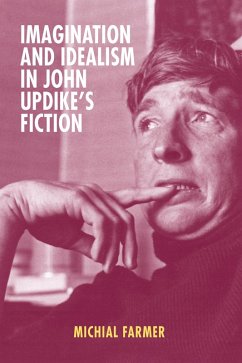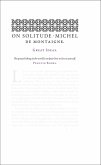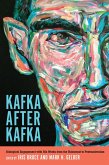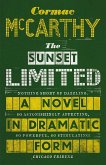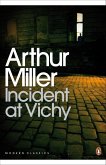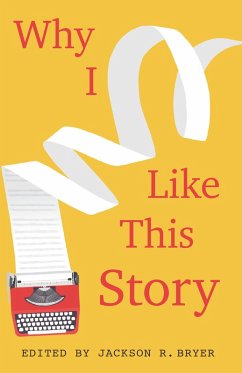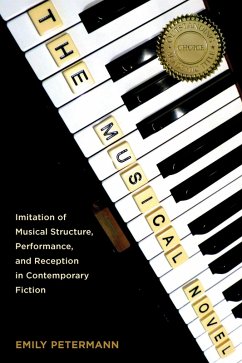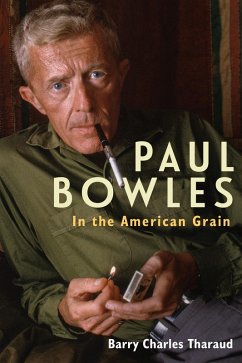Concentrating on the role of the imagination in Updike's works, this book shows him to be an original and powerful thinker and not the callow sensationalist that he is sometimes accused of being.
This book looks past the frequently discussed autobiographical nature of John Updike's fiction to consider the role in Updike's work of the most powerful and peculiar human faculty: the imagination. Michial Farmer argues that, while the imagination is for Updike a means of human survival and a necessary component of human flourishing, it also has a destructive, darker side, in which it shades into something like philosophical idealism. Here the mind constructs the world around it and then, unhelpfully, imposes this created world between itself and the "real world." In other words, Updike is not himself an idealist but sees idealism as a persistent temptation for the artistic imagination. Farmer builds his argument on the metaphysics of Jean-Paul Sartre, an existentialist thinker who has been largely neglected in discussions of Updike's aesthetics. The book demonstrates the degree to which Updike was an original and powerful thinker and not the callow sensationalist that he is sometimes accused of being.
Michial Farmer is Assistant Professor of English at Crown College, Saint Bonifacius, Minnesota.
This book looks past the frequently discussed autobiographical nature of John Updike's fiction to consider the role in Updike's work of the most powerful and peculiar human faculty: the imagination. Michial Farmer argues that, while the imagination is for Updike a means of human survival and a necessary component of human flourishing, it also has a destructive, darker side, in which it shades into something like philosophical idealism. Here the mind constructs the world around it and then, unhelpfully, imposes this created world between itself and the "real world." In other words, Updike is not himself an idealist but sees idealism as a persistent temptation for the artistic imagination. Farmer builds his argument on the metaphysics of Jean-Paul Sartre, an existentialist thinker who has been largely neglected in discussions of Updike's aesthetics. The book demonstrates the degree to which Updike was an original and powerful thinker and not the callow sensationalist that he is sometimes accused of being.
Michial Farmer is Assistant Professor of English at Crown College, Saint Bonifacius, Minnesota.
Dieser Download kann aus rechtlichen Gründen nur mit Rechnungsadresse in A, D ausgeliefert werden.

